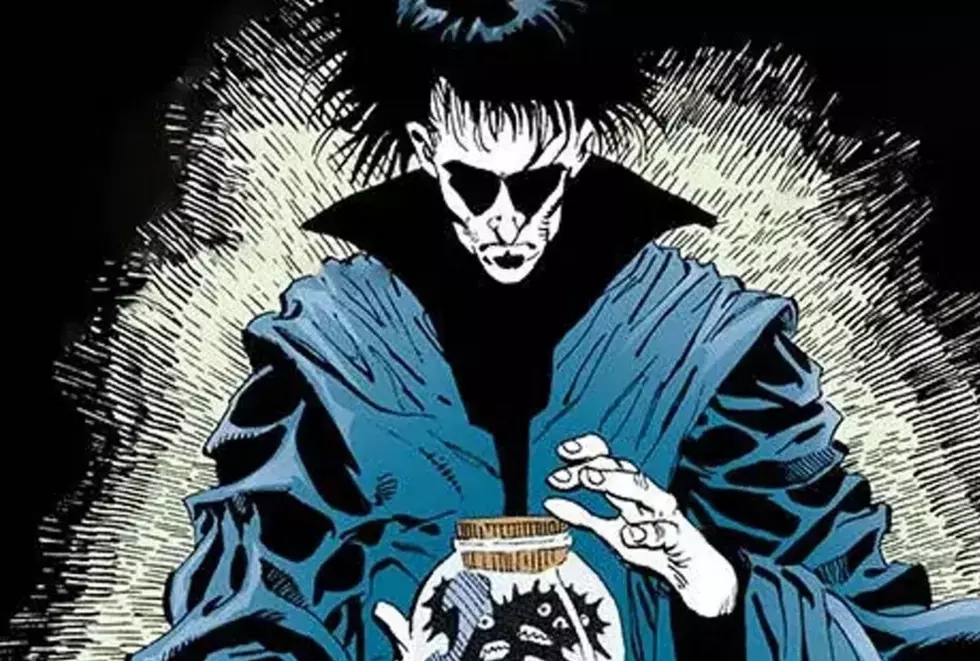
Neil Gaiman On Internet Piracy: “It’s People Lending Books”
 Anyone who read our piece on Underground sales skyrocketing after the comic was bootlegged on 4chan will not be surprised by Neil Gaiman's revelation in this interview with Open Rights Group. Everyone else, hang on to your seats, because he thinks piracy may help increase sales.
Anyone who read our piece on Underground sales skyrocketing after the comic was bootlegged on 4chan will not be surprised by Neil Gaiman's revelation in this interview with Open Rights Group. Everyone else, hang on to your seats, because he thinks piracy may help increase sales.
Gaiman explains it this way:
"You're not losing sales by getting stuff out there. When I do a big talk now on these kinds of subjects and people ask "What about the sales you are losing by having stuff floating out there?" I started asking the audience to raise their hands for one question -- Do you have a favorite author? And they say yes and I say good. What I want is for everybody who discovered their favorite author by being lent a book put up your hand. Then anybody who discovered their favorite author by walking into a book story and buying a book. And it's probably about 5-10%, if that, of the people who discovered their favorite author who is the person they buy everything of and they buy the hardbacks. And they treasure the fact they've got this author. Very few of them bought the book. They were lent it. They were given it. They did not pay for it. That's how they found their favorite author. And that's really all this is; it's people lending books."
Watch the full video with additional explanation after the jump.A study last year revealed that we are much more likely to return to a site if it is recommended to us by a friend on Facebook than if we discover a new site using Google. Perhaps, as Gaiman suggests, the same might be true of comics shared digitally, something that is usually only possible through piracy.
Personally, the entertainment recommendations of the ComicsAlliance community and the Reddit community my primary way of discovering new books, movies and comics, and often mean more to me than the recommendations of most of my real-life friends and family. I might only know two of the 61,000 members of r/scifi in the non-virtual world, for example, but after returning to these forums day-after-day for years, I trust the recommendations of the group the same way I would trust the recommendations of friends. And if they shared copyrighted material, it would have the same sort of impact on me as the traditional sort of lending that has been around for, well, as long as books have.
One key aspect of Gaiman's analogy with book borrowing is that after discovering an author this way, people went out and purchased their books for themselves. Obviously, one blog post isn't going to change anything, but if you pirate material, remember to please support the artists who make it. And perhaps if you let them know how you first discovered their work with a tweet, email or comment on their blog, they might have a Neil Gaiman realization as well.
More From ComicsAlliance





![Bill Sienkiewicz Provides FOC Variant Cover For ‘American Gods: Shadows’ #2 [Exclusive]](http://townsquare.media/site/622/files/2017/03/AMGODS0.png?w=980&q=75)



